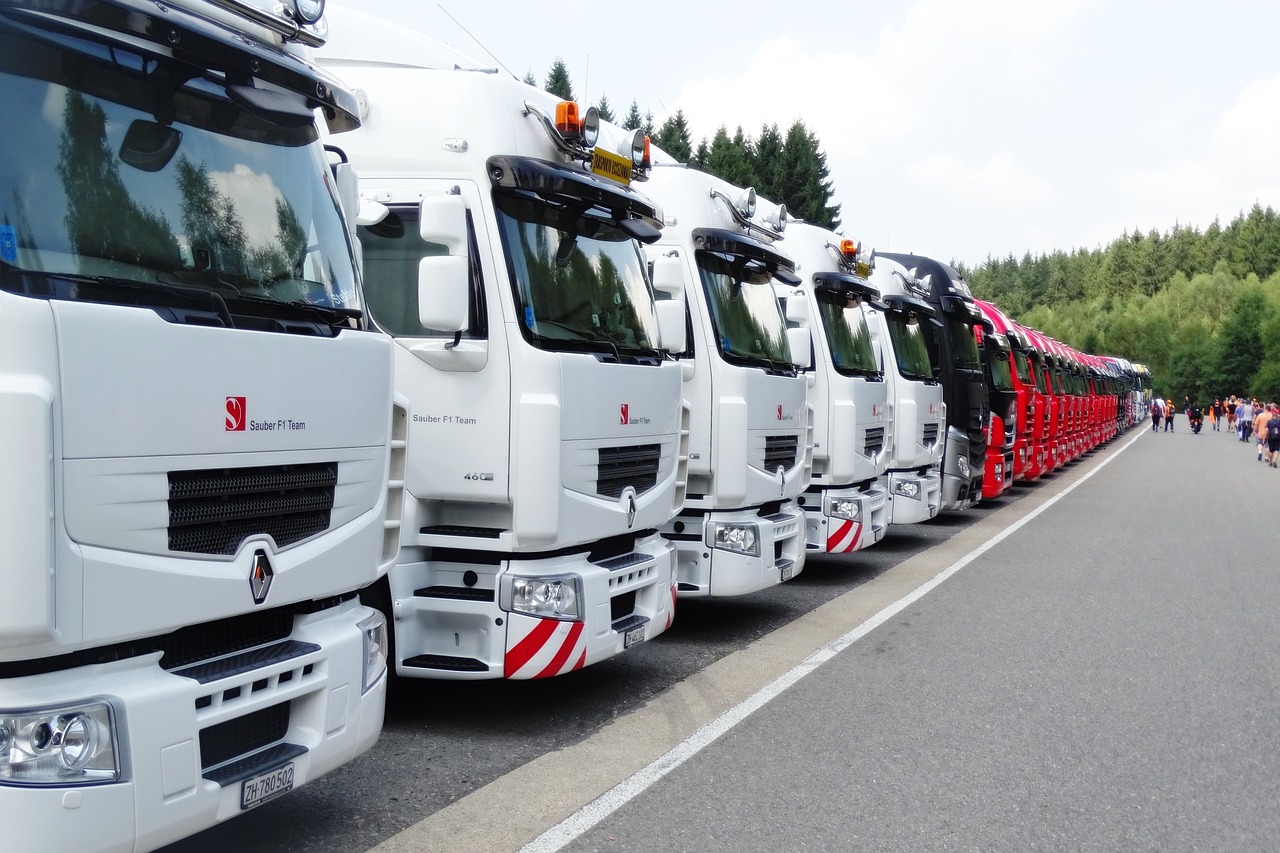Sustainable Practices for Exploring South Africa’s Knysna
When exploring the breathtaking beauty of Knysna in South Africa, it is essential to prioritize sustainable practices that preserve the environment and benefit the local communities. By implementing eco-friendly strategies, we can protect the diverse flora and fauna that make Knysna a unique destination while minimizing the environmental impact of tourism activities.
Engaging with the local communities is key to ensuring that tourism initiatives in Knysna are not only sustainable but also beneficial to residents. By supporting small businesses and empowering locals to participate in and benefit from tourism, we can preserve the cultural heritage of Knysna while creating opportunities for economic growth.
Effective waste management is crucial for maintaining the pristine natural surroundings of Knysna. Developing efficient waste disposal systems, promoting recycling practices, and reducing plastic usage are essential steps towards keeping Knysna's environment clean and beautiful for generations to come.
Integrating renewable energy sources like solar and wind power into tourism activities can significantly reduce the carbon footprint of Knysna. By embracing sustainable energy practices, we can minimize the environmental impact of tourism while promoting the use of clean energy in the region.
Water conservation is another vital aspect of sustainable tourism in Knysna. Implementing water-saving measures, raising awareness about responsible water usage, and protecting the region's water resources are essential for ensuring a sustainable future for Knysna and its inhabitants.
Responsible wildlife tourism plays a crucial role in preserving Knysna's rich biodiversity. By promoting ethical wildlife encounters, supporting conservation efforts, and educating visitors on the importance of respecting and protecting the local wildlife, we can ensure that Knysna remains a haven for diverse species.
Preserving the cultural heritage of Knysna's indigenous communities is a priority for sustainable tourism. Showcasing traditional practices, supporting cultural sustainability initiatives, and celebrating the unique cultural identity of Knysna contribute to a more enriching and authentic travel experience.
Investing in green infrastructure projects is essential for enhancing Knysna's resilience to climate change. By developing eco-friendly infrastructure such as green buildings and sustainable transportation options, we can reduce the environmental impact of tourism and promote green practices in the region.
Educational initiatives are key to raising awareness about sustainable practices in Knysna. By implementing educational programs for both tourists and locals, we can highlight the importance of environmental conservation, sustainable development, and the preservation of Knysna's natural and cultural assets.

Preservation of Biodiversity
The preservation of biodiversity in Knysna is a crucial aspect of sustainable tourism practices. By implementing eco-friendly strategies and conservation efforts, the diverse flora and fauna of this region can thrive while minimizing the environmental impact of tourism activities. Through responsible management of natural resources and habitats, Knysna can maintain its ecological balance and protect its unique biodiversity for future generations to enjoy.

